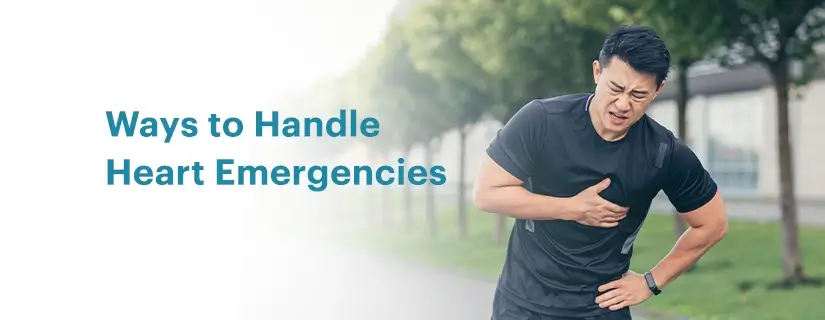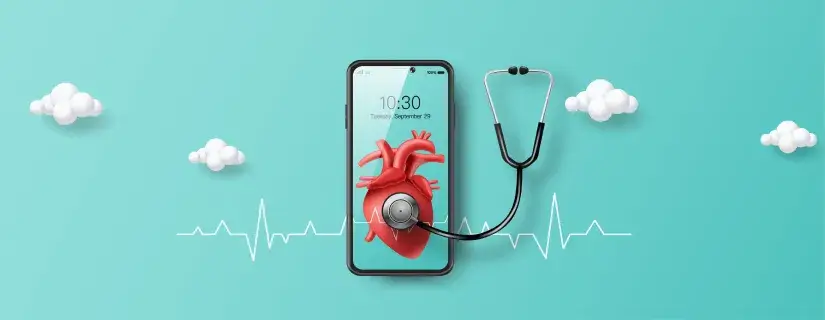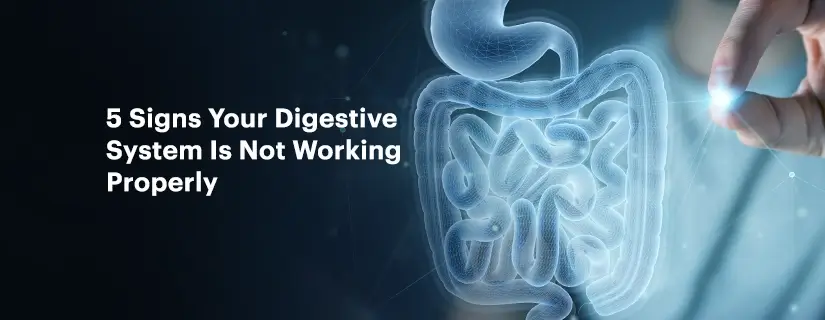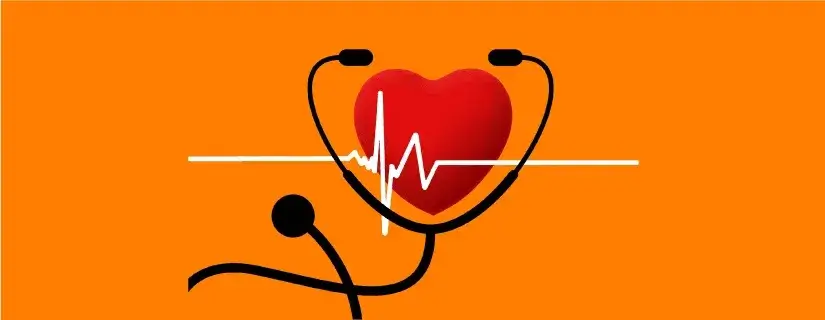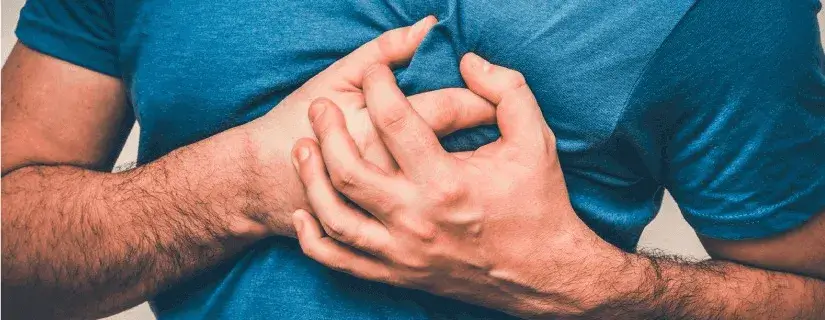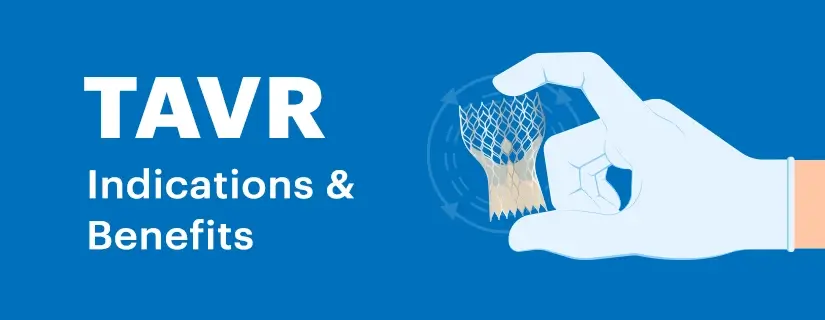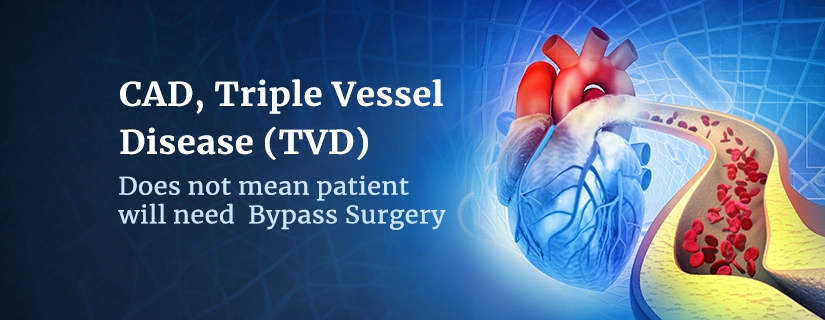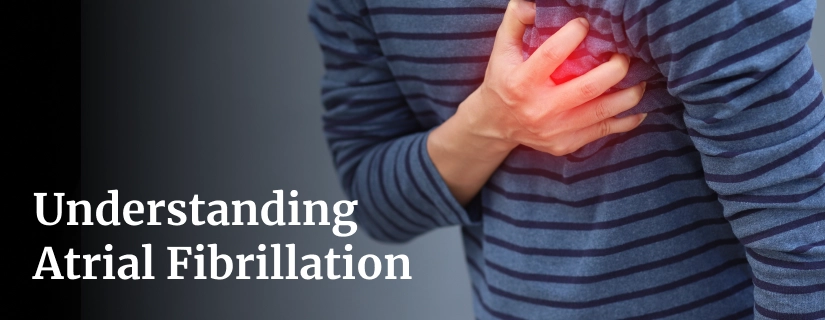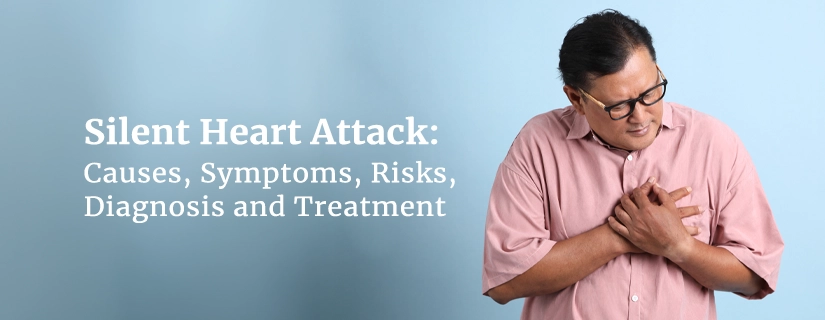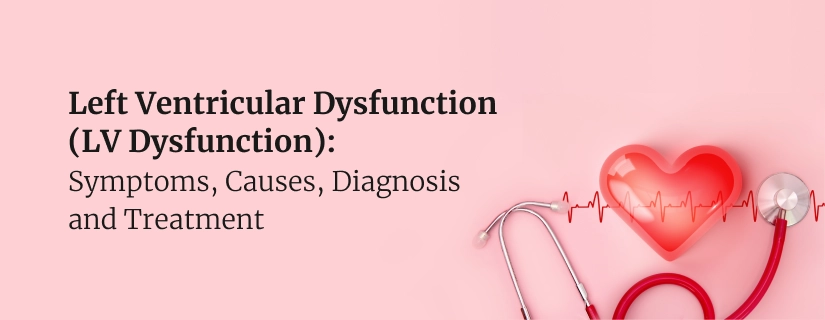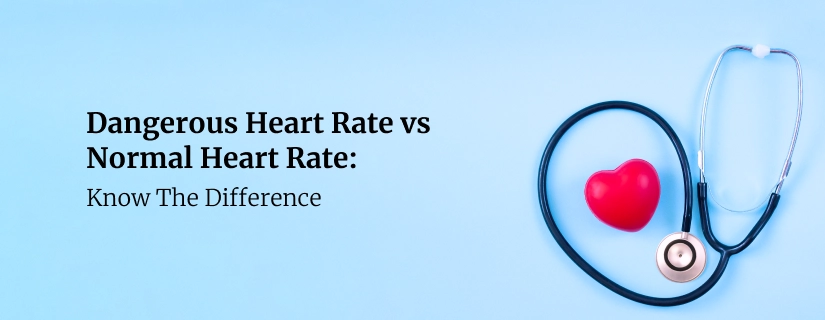-
Doctors
-
Specialities & Treatments
Centre of Excellence
Specialties
Treatments and Procedures
Hospitals & Directions HyderabadCARE Hospitals, Banjara Hills CARE Outpatient Centre, Banjara Hills CARE Hospitals, HITEC City CARE Hospitals, Nampally Gurunanak CARE Hospitals, Musheerabad CARE Hospitals Outpatient Centre, HITEC City CARE Hospitals, Malakpet
HyderabadCARE Hospitals, Banjara Hills CARE Outpatient Centre, Banjara Hills CARE Hospitals, HITEC City CARE Hospitals, Nampally Gurunanak CARE Hospitals, Musheerabad CARE Hospitals Outpatient Centre, HITEC City CARE Hospitals, Malakpet Raipur
Raipur
 Bhubaneswar
Bhubaneswar Visakhapatnam
Visakhapatnam
 Nagpur
Nagpur
 Indore
Indore
 Chh. Sambhajinagar
Chh. SambhajinagarClinics & Medical Centers
Book an AppointmentContact Us
Online Lab Reports
Book an Appointment
Consult Super-Specialist Doctors at CARE Hospitals
Heart Transplant Risk Factors and Precautions
Updated on 30 September 2019
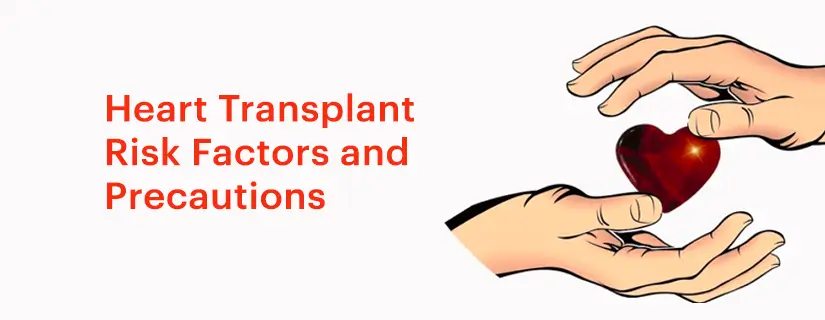
A heart transplant is a major and complicated surgery that involves the removal of a patient’s diseased heart and replacing it with a heart from an organ donor. Before a patient goes in for a heart transplant surgery he or she is extensively evaluated and deemed eligible by a board of doctors. When a donor organ is made available, the surgery is performed by expert surgeons. A heart transplant in India is a relatively safe procedure, particularly when performed by an experienced doctor in a hospital with great facilities. One may, however, expect the usual risks associated with major surgery and transplantation of a vital organ at that. Let us take a look at some of these.
Risks associated with the surgery
Some heart transplant risks include:
- Allergic reaction to anaesthesia
- Excess bleeding during the surgery
- Blood clotting issues including the formation of blood clots, heart attack, stroke
- Death
Post-operative risks
Some post-operative risks of a heart transplant include:
- Post-operative infection
- Kidney failure
- Coronary allograft vasculopathy – After a heart transplant, it is sometimes seen that the patient develops a condition that causes the walls of the arteries in the heart to harden, making circulation more difficult and increasing the risk of cardiac arrest and failure.
Risk of organ rejection –
As with any organ transplant, one of the major risks of heart transplant is that of organ rejection. The body’s immune system is designed to attack any foreign organism or tissue. To prevent the donor heat from being attacked and rejected, doctors put transplant patients on immunosuppressive medications. These must be taken every day as prescribed for a very long time, possibly even lifelong. Immunosuppressants, however, supress the immune system making it difficult to fight infections and other diseases. This leaves the patient vulnerable to developing a number of infections and diseases that may be difficult to fend off. A high level of hygiene and care is needed around a transplant patient. Immunosuppressants also come with a host of side effects. Long term side effects of immunosuppressive drugs may at times include damage to cardiovascular system, liver damage, malignancy, and bone marrow suppression. Immunosuppressants can put patients at risk of developing cancers such as non-Hodgkin's lymphoma, skin cancer, and other tumours. These long-term side effects vary from patient to patient, though.
Precautions that must be taken -
If you are undergoing heart transplant in Hyderabad or any other major city of India, it is best to discuss the risks with your doctor from a reputed heart transplant hospital. Be clear and consistent with the medication that you need to take daily. If you face persistent pain, infection, or any other discomfort it is important to report to a medical facility immediately. - As you will be on immunosuppressants it is important to maintain the highest levels of care and hygiene and keep away from people or conditions that may expose you to bacterial or viral infections. - Regular health checks must be undertaken to prevent the development of diseases and cancer. Your doctor would advice you about these tests and the regularity with which these must be undertaken.

ENQUIRY FORM
SELECT CATEGORIES
-
Neurosciences (16)
-
Neurology (37)
-
Neurosurgery (14)
-
Orthopaedics (48)
-
Oncology (33)
-
Obstetrics and gynecology (51)
-
Pulmonology (23)
-
Urology (20)
-
Nephrology (13)
-
Psychiatry (7)
-
Dietetics and Nutrition (111)
-
General Medicine (63)
-
Cardiac Sciences (30)
-
Vascular & Endovascular Surgery and Interventional Radiology (10)
-
Gastroenterology (46)
-
Endocrinology (23)
-
Plastic Surgery (10)
-
Critical Care Medicine (5)
-
COVID-19 (16)
-
Dermatology (16)
-
Emergency Care (1)
-
Ophthalmology (4)
-
Pediatrics (14)
-
Laparoscopic and Bariatric Surgery (8)
-
ENT (15)
-
Kidney Transplant (1)
-
Liver Transplantation and Hepatobiliary Surgery (5)
-
General Surgery (3)
-
Internal Medicine (5)
-
Medicine Information
Who is at Risk of Getting a Heart Attack?
Heart Attack Symptoms: What to do in an Emergency
YOU MAY ALSO LIKE
RECENT BLOGS
-

Direct Anterior Approach in Total Hip Replacement: Advantages and Challenges
10 April 2025
Read More
-

Zinc Deficiency: Signs and Symptoms, Causes, Treatment
9 April 2025
Read More
-

Chest Pain When Coughing: Causes, Treatment and Home Remedies
9 April 2025
Read More
-

12 Health Benefits of Eating Mushrooms
8 April 2025
Read More
-

7 Health Benefits of Blood Donation You Should Know About
8 April 2025
Read More
-

Implantation Bleeding Vs Periods: Know the Difference
28 February 2025
Read More
-

Bloating During Ovulation: Symptoms, Causes and Remedies
28 February 2025
Read More
-

Itching During Dengue: Causes, Treatment and Home Remedies
18 February 2025
Read More
Have a Question?
If you cannot find answers to your queries, please fill out the enquiry form or call the number below. We will contact you shortly.



